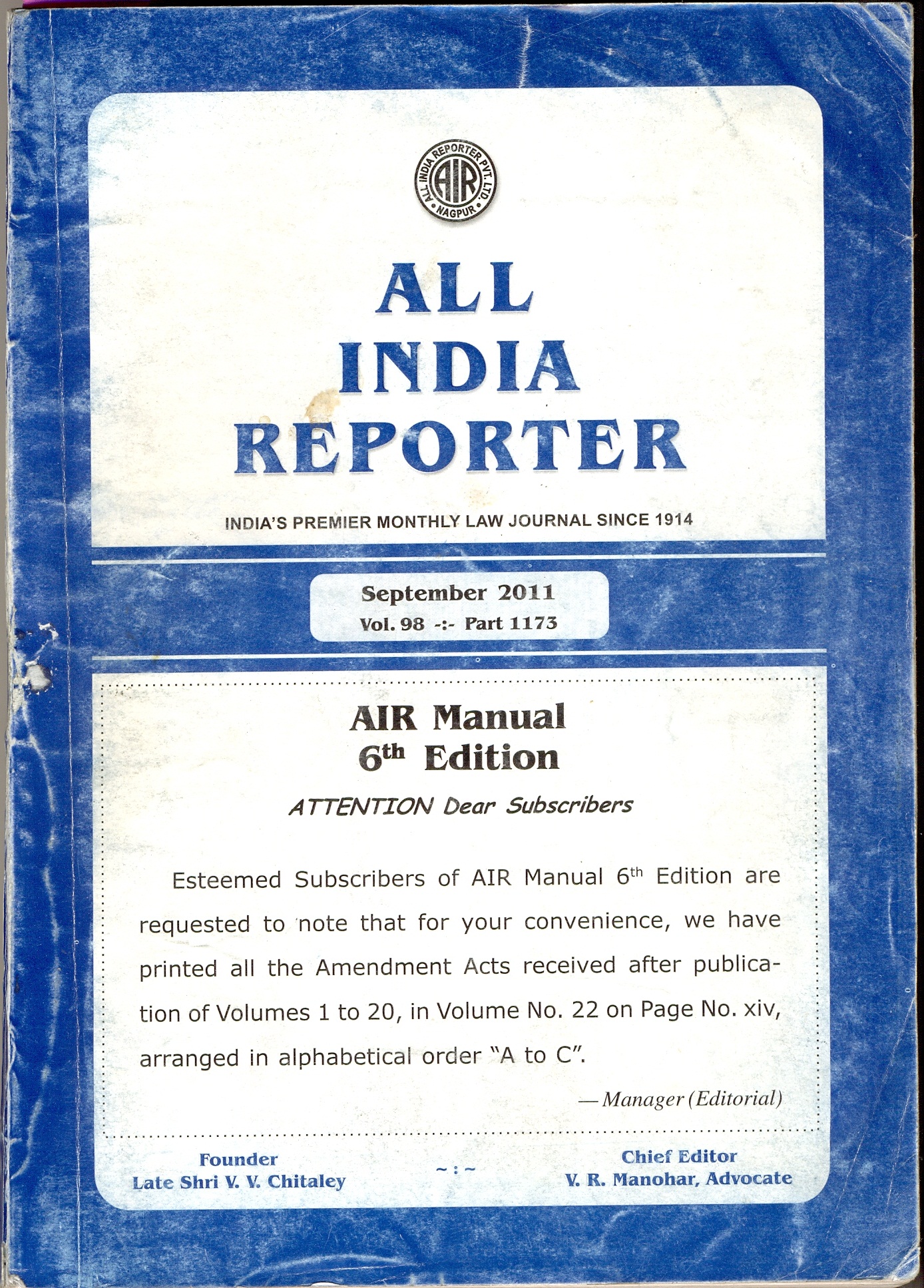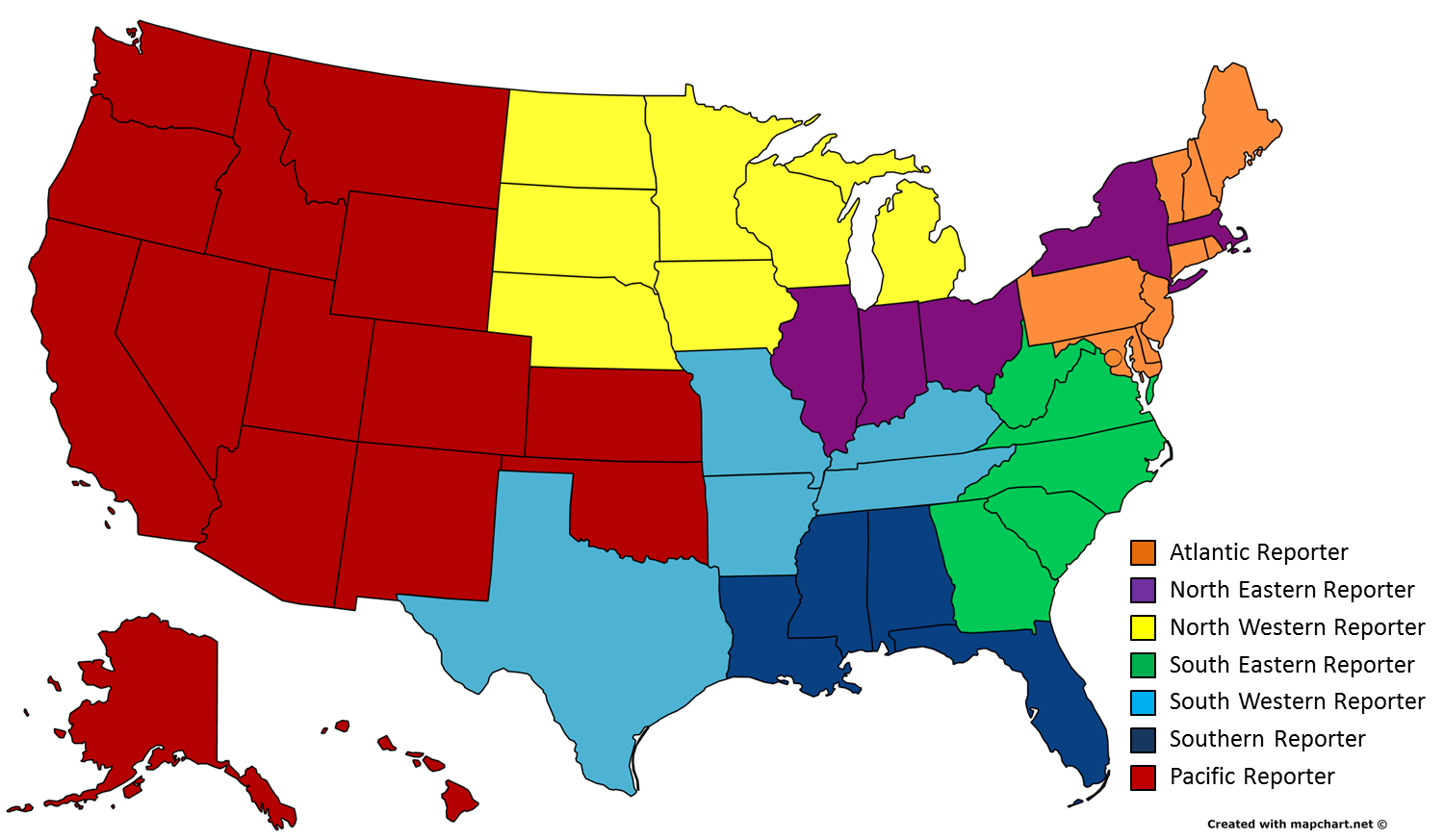|
South African Insolvency Law
Insolvency in South African law refers to a status of diminished legal capacity ('' capitis diminutio'') imposed by the courts on persons who are unable to pay their debts, or (which amounts to the same thing) whose liabilities exceed their assets. The insolvent's diminished legal capacity entails deprivation of certain of his important legal capacities and rights, in the interests of protecting other persons, primarily the general body of existing creditors, but also prospective creditors. Insolvency is also of benefit to the insolvent, in that it grants him relief in certain respects. In broad and everyday terms, a person is insolvent when he is unable to pay his debts. In legal terms, however, the test for insolvency is whether or not the debtor's liabilities, fairly estimated, exceed his assets, fairly valued. Inability to pay debts is, at most, merely evidence, and in itself, of insolvency. A person who has insufficient assets to discharge his liabilities, although he sati ... [...More Info...] [...Related Items...] OR: [Wikipedia] [Google] [Baidu] |
Capitis Deminutio
''Capitis deminutio'' or ''capitis diminutio'' (diminished capacity) is a term used in Roman law, referring to the extinguishing, either in whole or in part, of a person's former status and legal capacity. There were three changes of state or condition attended with different consequences: ''maxima'', ''media'', and ''minima''. The greatest, ''capitis deminutio maxima'', involved the loss of liberty, citizenship, and family (e.g., being made a slave or prisoner of war). ''Capitis deminutio media'', consisted of a loss of citizenship and family without any forfeiture of Liberty, personal liberty. ''Capitis deminutio minima'', consisted of a person ceasing to belong to a particular family, without loss of liberty or citizenship.Thomas Mackenzie and John Kirkpatrick (author), John Kirkpatrick, ''Studies in Roman Law'', Chapter II, pp. 71–72. See also * Diminished responsibility Notes [...More Info...] [...Related Items...] OR: [Wikipedia] [Google] [Baidu] |
South African Law Reports, Cape Provincial Division
Case citation is a system used by legal professionals to identify past court case decisions, either in series of books called reporters or law reports, or in a neutral style that identifies a decision regardless of where it is reported. Case citations are formatted differently in different jurisdictions, but generally contain the same key information. A legal citation is a "reference to a legal precedent or authority, such as a case, statute, or treatise, that either substantiates or contradicts a given position." Where cases are published on paper, the citation usually contains the following information: * Court that issued the decision * Report title * Volume number * Page, section, or paragraph number * Publication year In some report series, for example in England, Australia and some in Canada, volumes are not numbered independently of the year: thus the year and volume number (usually no greater than 4) are required to identify which book of the series has the case reporte ... [...More Info...] [...Related Items...] OR: [Wikipedia] [Google] [Baidu] |
Abolition Of Civil Imprisonment Act, 1977
{{disambiguation ...
Abolition refers to the act of putting an end to something by law, and may refer to: *Abolitionism, abolition of slavery *Abolition of the death penalty, also called capital punishment *Abolition of monarchy *Abolition of nuclear weapons *Abolition of prisons *Police abolition movement *Abolition of suffering *Abolitionism (animal rights), related to veganism *Abolition of time zones * Abolition of borders See also * *Abolition of slavery timeline *Abolitionism (other) Abolitionism is the movement to end human slavery. Abolitionism may also refer to: * Abolitionism (animal rights), a movement to end the property status of animals * Abolitionism (copyright/patent), a movement to abolish state granted monopolies ... [...More Info...] [...Related Items...] OR: [Wikipedia] [Google] [Baidu] |
Vorster V Steyn NO
Vorster (pronounced for-ster) is a surname. Notable people with the surname include: *Balthazar Johannes Vorster (1915-1983), South African politician, Prime Minister and President * Eben Vorster (born 1997), South African swimmer *Elinda Vorster (born 1965), South African sprinter *Emil Vorster (1910-1976), German racing driver and entrepreneur * Harold Vorster (born 1993), South African rugby player *Julius Vorster (1809-1876), German chemist and entrepreneur. One of the founders of Chemische Fabrik Kalk * Louis Vorster (1966-2012), South African-Namibian cricketer *Pankraz Vorster (1753-1829), Swiss bishop. The last abbot of the Abbey of Saint Gall * Pierre Vorster (born 1969), South African high jumper, African Champion 1995 See also *Forster (surname) Forster is a north English surname meaning "forester". It can also be an anglicization of Förster or Foerster, a German surname meaning the same. Some indigenous south Germans independently carry the name Forster, while East Pr ... [...More Info...] [...Related Items...] OR: [Wikipedia] [Google] [Baidu] |
South African Law Reports, Eastern Districts Local Division
Case citation is a system used by legal professionals to identify past court case decisions, either in series of books called reporters or law reports, or in a neutral style that identifies a decision regardless of where it is reported. Case citations are formatted differently in different jurisdictions, but generally contain the same key information. A legal citation is a "reference to a legal precedent or authority, such as a case, statute, or treatise, that either substantiates or contradicts a given position." Where cases are published on paper, the citation usually contains the following information: * Court that issued the decision * Report title * Volume number * Page, section, or paragraph number * Publication year In some report series, for example in England, Australia and some in Canada, volumes are not numbered independently of the year: thus the year and volume number (usually no greater than 4) are required to identify which book of the series has the case reporte ... [...More Info...] [...Related Items...] OR: [Wikipedia] [Google] [Baidu] |
South African Law Reports, Witwatersrand Local Division
Case citation is a system used by legal professionals to identify past court case decisions, either in series of books called reporters or law reports, or in a neutral style that identifies a decision regardless of where it is reported. Case citations are formatted differently in different jurisdictions, but generally contain the same key information. A legal citation is a "reference to a legal precedent or authority, such as a case, statute, or treatise, that either substantiates or contradicts a given position." Where cases are published on paper, the citation usually contains the following information: * Court that issued the decision * Report title * Volume number * Page, section, or paragraph number * Publication year In some report series, for example in England, Australia and some in Canada, volumes are not numbered independently of the year: thus the year and volume number (usually no greater than 4) are required to identify which book of the series has the case reporte ... [...More Info...] [...Related Items...] OR: [Wikipedia] [Google] [Baidu] |
Miller V Janks
In ''Miller v Janks'', an important case in South African insolvency law, the court held that an insolvent possesses an estate capable of being sequestrated even though, at the time of sequestration, his estate consists only of liabilities. Facts Miller had acquired an estate by means of his occupation as a professional gambler. His assets had subsequently disappeared under suspicious circumstances, leaving only liabilities. Miller's wife possessed fixed property, which she had received while Miller was pursuing his occupation. In an application by Janks to sequestrate Miller's estate, Miller contended that sequestration was not competent because he had no assets and, therefore, no estate. Law In ''Ex parte Collins'', the judge had held that an estate consists both of assets and of liabilities. If there were no assets but only liabilities, there could be no estate (and ''vice versa''). Were this proposition correct, no order of compulsory sequestration could be granted where ... [...More Info...] [...Related Items...] OR: [Wikipedia] [Google] [Baidu] |
Ex Parte Harmse
In ''Ex parte Harmse'', an important case in South African insolvency law, the applicant's statement indicated an excess of assets over liabilities, but the only evidence that he adduced to prove otherwise were certain letters written by estate agents or valuers. The court held that the applicant had failed to adduce sufficient evidence to establish on a balance of probabilities that he was insolvent: “It is only acceptable and admissible evidence which can displace the prima facie inference of solvency when the applicant’s own estimate of values exceeds the amount of the liabilities.” See also * South African insolvency law Insolvency in South African law refers to a status of diminished legal capacity ('' capitis diminutio'') imposed by the courts on persons who are unable to pay their debts, or (which amounts to the same thing) whose liabilities exceed their ass ... References * ''Ex Parte Harmse'' 2005 (1) SA 323 (N). Notes 2005 in South African case law ... [...More Info...] [...Related Items...] OR: [Wikipedia] [Google] [Baidu] |
South African Law Reports
Case citation is a system used by legal professionals to identify past court case decisions, either in series of books called reporters or law reports, or in a neutral style that identifies a decision regardless of where it is reported. Case citations are formatted differently in different jurisdictions, but generally contain the same key information. A legal citation is a "reference to a legal precedent or authority, such as a case, statute, or treatise, that either substantiates or contradicts a given position." Where cases are published on paper, the citation usually contains the following information: * Court that issued the decision * Report title * Volume number * Page, section, or paragraph number * Publication year In some report series, for example in England, Australia and some in Canada, volumes are not numbered independently of the year: thus the year and volume number (usually no greater than 4) are required to identify which book of the series has the case reporte ... [...More Info...] [...Related Items...] OR: [Wikipedia] [Google] [Baidu] |


